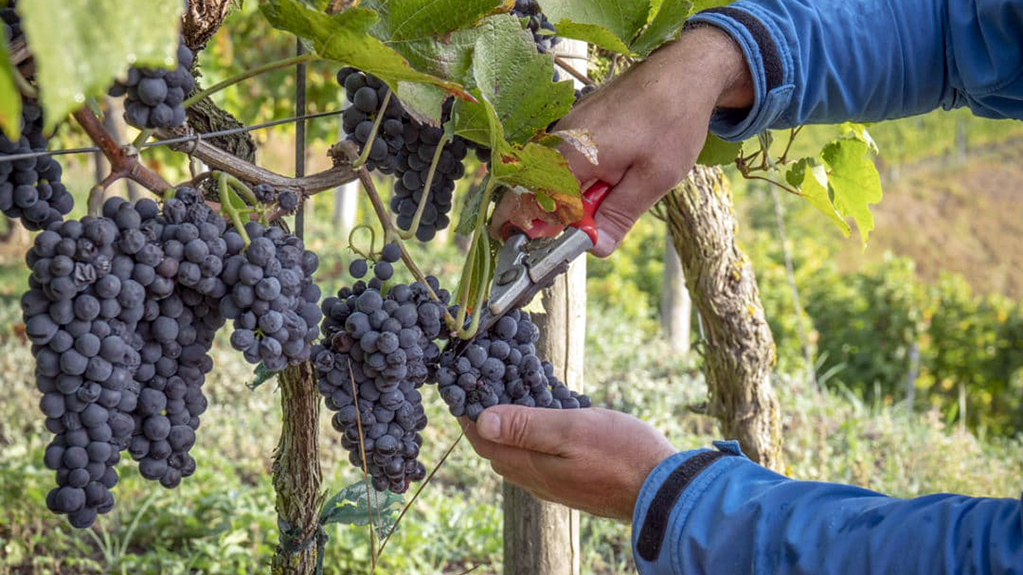The state company will acquire Saperavi for one and a half GEL, and the government will compensate the growers who have sold the mentioned grape variety at a lower price. This was announced by the Prime Minister of Georgia, Irakli Kobakhidze. He did not specify how much money will be allocated from the state budget to subsidize Saperavi.
News
Trending stories
- 1 Former Prime Minister Garibashvili Sentenced to Five Years in Prison After Plea Deal
- 2 Otar Partskhaladze Charged with Organizing Murder of Businessman Levan Jangveladze
- 3 Shalva Papuashvili Says Georgian Dream Filed Complaint with BBC
- 4 Georgian Dream Party Further Tightens Grants Law, Introducing Up to 6 Years in Prison
At today’s briefing, Kobakhidze noted that this year’s Saperavi grape harvest is a record.
“Grapes are being delivered intensively, and 35 000 tons have already been processed. However, due to climatic conditions, it became necessary to settle the crop as quickly as possible to prevent spoilage and ensure timely processing. Consequently, the demand for grapes from growers is increasing every day.
Taking this into account, we have decided to allocate additional resources. The state company will acquire Saferavi grapes at ten locations for one and a half lakhs. At the same time, the Georgian government will compensate the growers who have sold Saperavi grapes for less than 1.5 GEL by covering the difference between 1.5 GEL and the price they received,” said Kobakhidze.
Until now, only Rkatsiteli grapes were subsidized from the state budget. Specifically, according to the government’s decision, the company that buys at least 100 tons of Rkatsiteli grapes and pays at least 1 GEL per kilogram to the grape sellers benefits from the state subsidy.
The harvest in Kakheti started at the end of August. Wine companies previously paid 1.30-1.40 GEL per kilogram for Saperavi grapes, but at one point, they stopped accepting grapes. Unsatisfied with the price, the growers held several protests.















